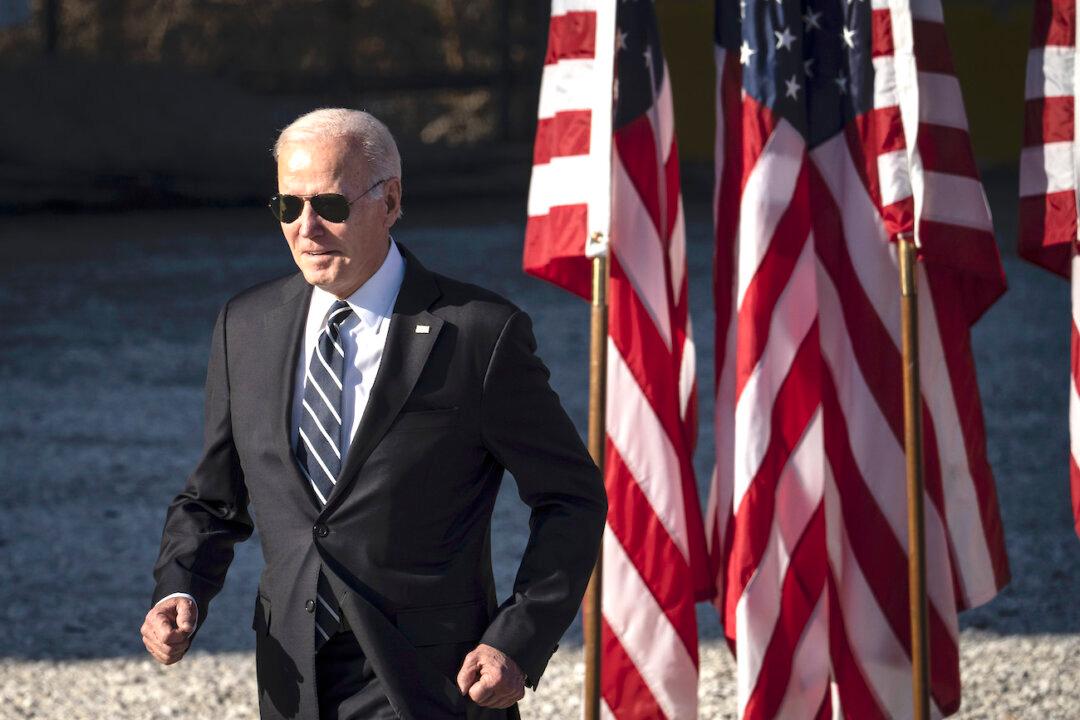The Biden administration has informed Congress it plans to end national COVID-19 emergency declarations on May 11.
The move would shift the national response to COVID-19 away from the U.S. government and back to the normal authorities given to federal agencies, with the virus to be considered endemic.




